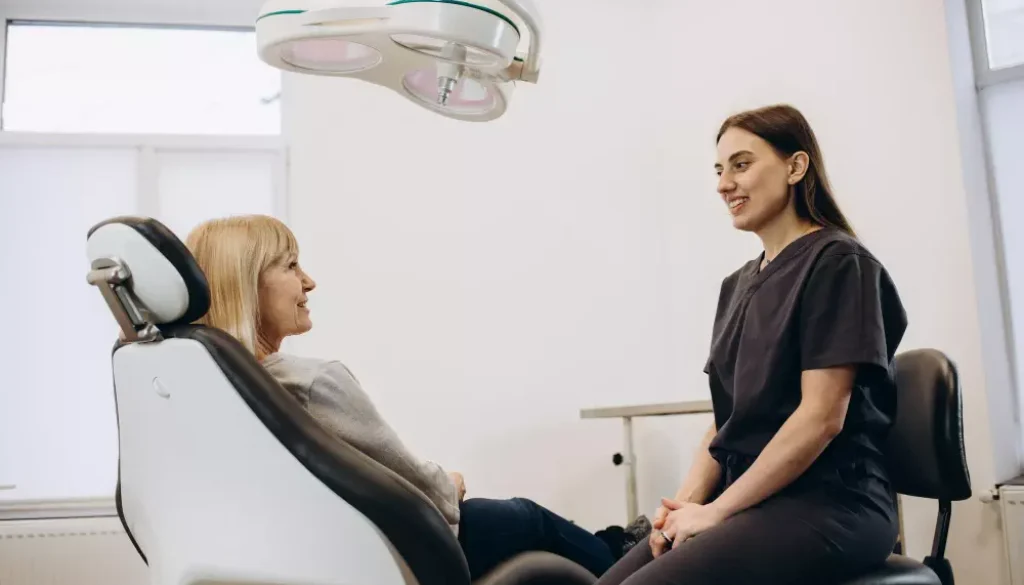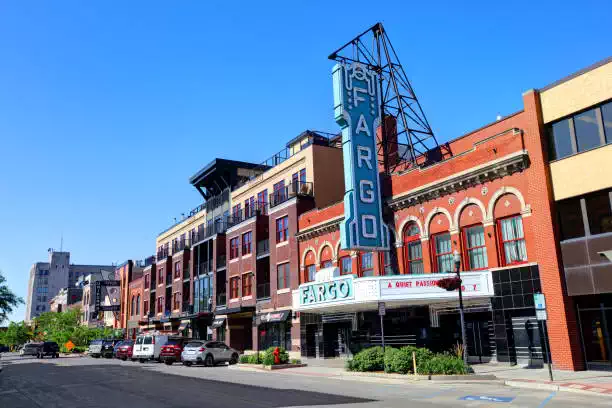Dental Grants For Seniors – Facts and Details
Last Updated on January 7, 2024 by Rachel
Living the American dream is everyone’s wish. What does it entail? Living in a place where all your needs are taken care of and you have all the resources available at your disposal to help you live a better life. The high standard of living and increased unemployment rates has robbed many living in different states of their dream. For this reason, state and federal governments have set up benefits for the less privileged to enable them to afford and access costly services.
Part of the vulnerable populations is the elderly, who face challenges due to their advanced age. Dental problems are a significant concern for seniors who suffer from gum-related conditions, decay, and tooth loss. These issues make dental care services necessary to ensure simple dental problems do not accelerate into emergency conditions.
Dental care services can be costly for older adults facing financial constraints. To ensure that seniors receive dental treatments like examinations, check-ups, dental implants, and cosmetic surgery, government and non-governmental groups are funding projects that provide free or discounted dental care services to older citizens.
Where Can Elderly Citizens Get Dental Grants?
Here are organizations, foundations, and programs funded by different local and federal authorities that help with dental costs.
Dental Lifeline Network: Since 1974, Dental Lifeline Network has been educating and providing free dental treatments to individuals with no means of affording dental care services, those living with disabilities, people who are medically compromised, and seniors above 65. Through its three dental projects, Bridge/Campaign of Concern, Donated Dental Services, and Dental HouseCalls, the charity-based organization has made dental care accessible to millions in ignored areas.
American Dental Association (ADA): For more than 160 years, the American Dental Association has supported the advancement of America’s oral health by:
- Promoting accessibility to dental care
- Advocating for research on dental-related matters
- Helping set up and implement policies that better oral healthcare
- Funding programs that dispense services to undeserving Americans.
Medicare: Medicare is a federal insurance coverage offered to low-income earners to help settle medical bills and personal care costs. Although Medicare does not cover cleanings, root canals, fillings, and decays, it pays for dental emergencies and examinations necessary before major surgery. Dental care coverage varies by state.
Program of All-Inclusive Care for the Elderly (PACE): PACE provides medical assistance to seniors above 55 with low or moderate income. The services provided include dentistry, emergency care, meal support, home care, nursing home care, and adult day care.
Charities and Churches: Churches that Help Seniors run faith-based charities which offer financial assistance to help with basic needs, medical bills, and expenses that come with assisted living. Seniors who cannot afford medical care can reach out to these groups for help. These are the known 10 Charities that Help Seniors across the United States.
Dental Schools: Dental schools offer their students an opportunity to perform treatments on actual patients before they are licensed. These schools run dental clinics that provide free or reduced-cost services to economically challenged individuals. If you do not qualify for the different dental programs, find dental clinics run by dentistry schools in your state to receive affordable care.
Free or Low-cost Dental Clinics And Community Health Centers: The U.S. Department of Health and Human Services builds and runs community centers to assist families and communities struggling to afford healthcare services. In addition, volunteer dentists have committed their time and skills to serve low-income individuals in sliding scale and free dental clinics. To find the nearest affordable dental clinic in your state, you may do a simple web search like “Free or low-cost dental clinic near me“.
Free Dental Clinical Trials: Patients with specific dental conditions under study qualify to participate in dental clinical trials. Some benefits are free dental care services, discounted dental treatments, and payment for participating in clinical trials. For someone on a budget, dental clinical trials offer you an opportunity to access high-quality oral health care at pocket-friendly charges. Moreover, participating is voluntary.
Visit Dental Grants to find out what dental services are grant-funded in your state.
Which States Have The Best Dental Health In USA?
The states with the best dental health are Connecticut, the District of Colombia, Massachusetts, Hawaii, and New Jersey. This is because the dental grants offered in these states cover a variety of dental costs. Also, there are programs in place that have ensured the presence of enough dental practitioners per capita to ensure easy access to one, even in rural areas.
Which States Have The Worst Dental Health In USA?
The states with the worst oral health care in the USA are Arkansas, West Virginia, Louisiana, Mississippi, and Texas. West Virginia reported that 26% of their seniors have all teeth removed compared to 6% in Hawaii. Arkansas reported 57% of adults that visited dental clinics compared to 74.7% in Hawaii over the past year. The frequency of hospital visits determines the chances of diagnosis and treatment of dental conditions before they become emergency cases.
Which States Have The Cheapest and Most Expensive Dental Costs In USA?
In 2022, the states that offered dental treatments at the lowest prices include:
- Alabama
- Kentucky
- Mississippi
- Tennessee
- Texas
The most expensive states when it comes to dental care services are:
- Connecticut
- Maine
- Massachusetts
- New Hampshire
- Rhode Island
- Vermont
There are many programs set up to ensure that Americans do not ignore their oral health because of financial challenges. Other options that can help you get low-cost dental services are:
- Negotiating discounts with your dentist
- Paying with online coupons
- Consider a dental discount plan
- Take advantage of dental events by charity organizations
- Save up enough to pay out of pocket
In addition to dental costs, seniors receive grants for veterans, home repair grants, health-related assistance like Medicare, transportation, free food, and financial help. These resources will help you save money that you can use to cover your dental costs. Visit your state’s Department of Health and Human Services, nearest community health center, or charity organizations to learn more about projects and programs that can help you with your dental care costs.







